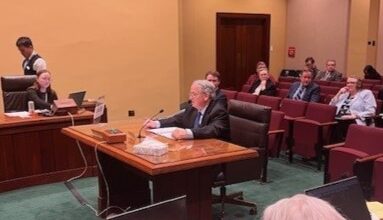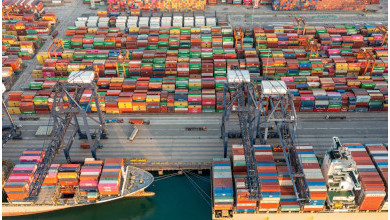Tariff Litigation Struck Down by Court, Immediate Impact Unclear
On Wednesday, May 28, a three-judge panel of the Court of International Trade (CIT) unanimously struck down the recent tariff actions imposed by President Trump under the International Emergency Economic Powers Act (IEEPA).
The CIT found that the president unlawfully imposed reciprocal tariffs on all countries and the so-called fentanyl tariffs on China, Canada and Mexico. The Court’s judgment extends to all modifications and amendments to President Trump’s initial orders imposing these tariffs.
- First, the CIT found that IEEPA does not grant the President with unlimited authority to impose reciprocal tariffs on all countries. The CIT concluded that an unlimited delegation of tariff authority would be unconstitutional.
- Second, the CIT found the tariffs imposed on China, Canada and Mexico allegedly addressing the threat of illicit drugs at the border to be unlawful on the grounds that they do not actually address the alleged threats identified by the President.
The CIT vacated and permanently enjoined imposition of the tariffs. The impact of the CIT’s judgment, such as the availability of refunds, remains to be seen. The CIT gave the government ten days to take further action to comply with the CIT’s judgment.
The RV Industry Association said it “expects that the United States will try to appeal this decision and will request a stay of the CIT’s judgment. The legality of President Trump’s sweeping tariffs is likely to reach the Supreme Court.”
See all tariff updates from the RV Industry Association (RVIA) here.
An Associated Press (AP) report shared the following as of May 29, 1:06 p.m. ET:
A three-judge panel of the U.S. Court of International Trade ruled Wednesday that Trump overstepped his authority when he invoked the 1977 International Emergency Economic Powers Act to declare a national emergency and plaster taxes – tariffs – on imports from almost every country in the world.
The ruling was a big setback for Trump, whose erratic trade policies have rocked financial markets, paralyzed businesses with uncertainty and raised fears of higher prices and slower economic growth.
But economists and trade analysts say Trump’s trade wars are far from over. The administration is appealing the decision and has other ways to pursue the president’s goal of using tariffs to lure factories back to America, raise money for the U.S. Treasury and pressure other countries into bending to his will.



